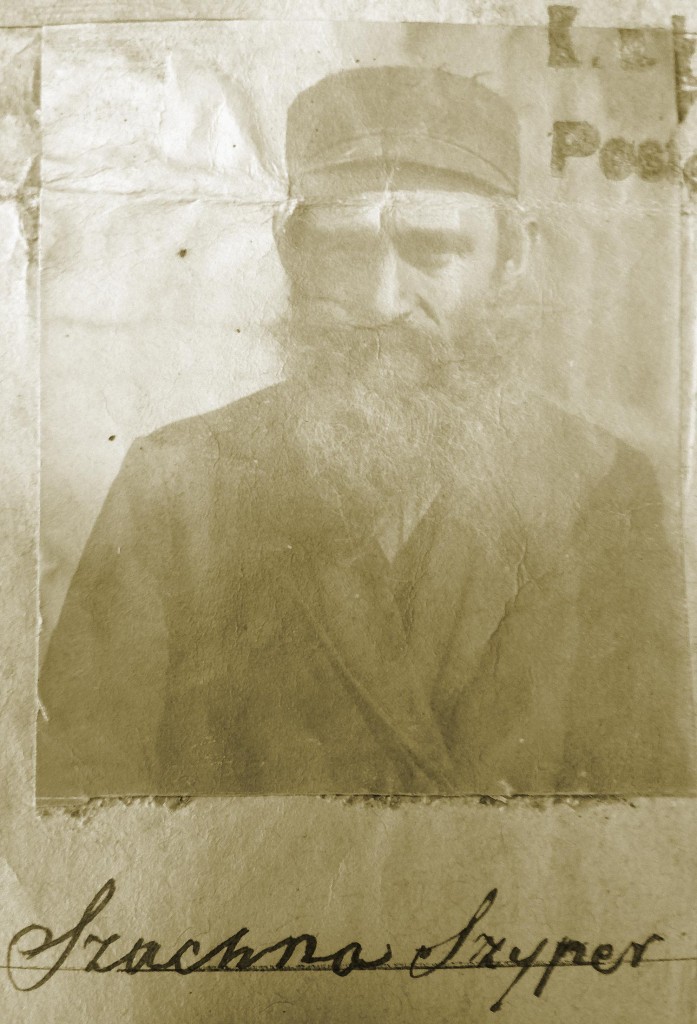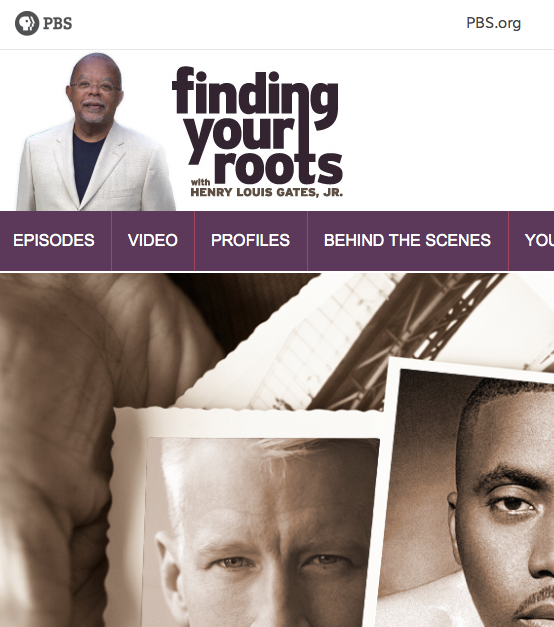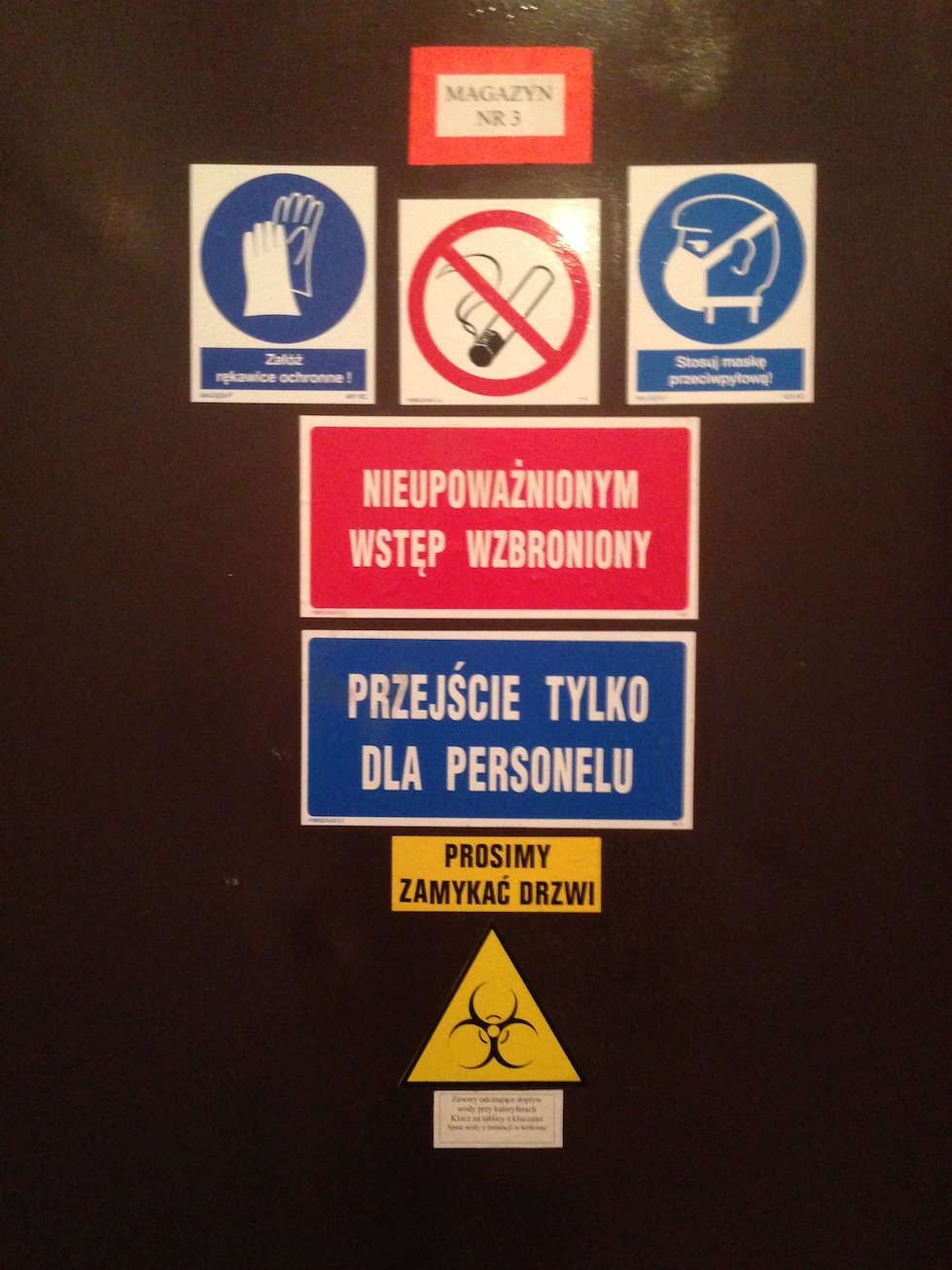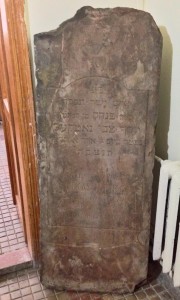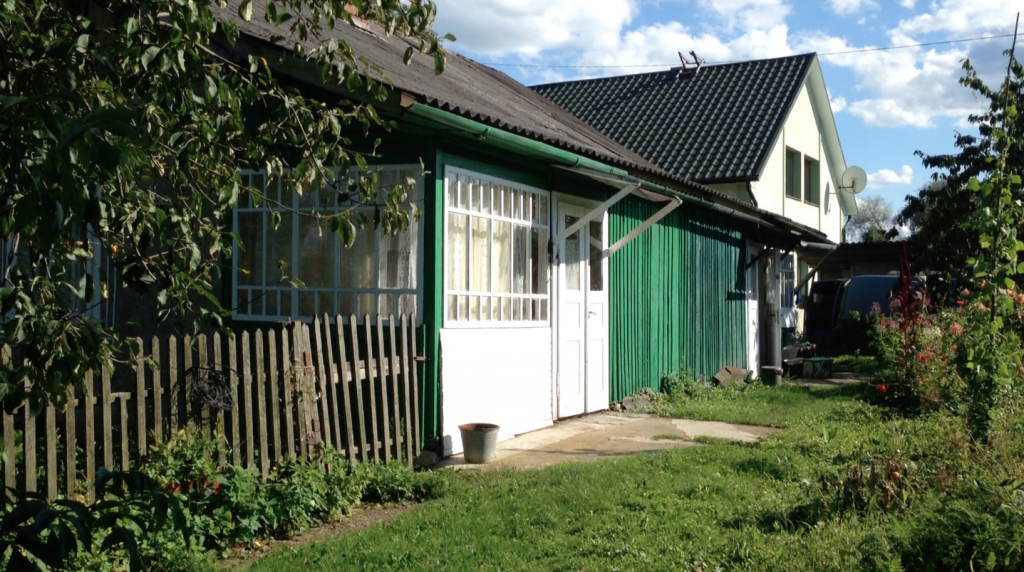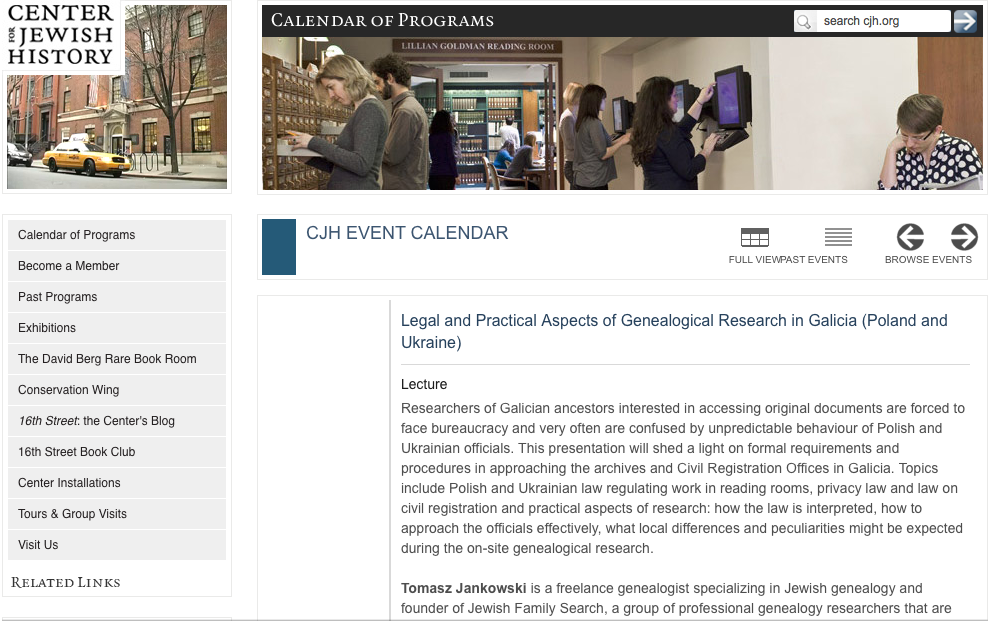
State Archive of Chernihiv Region, 2013
Update 2016: This post describes my visit in the Chernihiv archives which took place in 2013 during which I was mistreated. This post was a call for better services. Fortunately, I am happy to say that my second in the archive in 2015 went perfectly and the staff from the reading room as well as th management was extremely polite and cooperative. I believe level of public service has improved greatly since then.
Power corrupts and a little power corrupts absolutely. Officials (especially one of them) in the State Archive of Chernihiv Region (Державний архів Чернігівської області, Chernigov) will use it first to make it clear that you are nothing but dust for them and later to “graciously bless you” by providing only elemental archival services. Basic services, which, in normal archives (including some Ukrainian archives, like in the State Archive of Zhytomyr Region or Central State Historical Archive in Lviv), are provided with a smile and respect. An hour of harsh interrogation, nervous shouts, accusing me of lies and constant relegating to other officials, makes the staff in Chernihiv Archive feel important.
It really reminded me of The Trial by Franz Kafka. Knowing how different the requirements that regional archives can have, I called the Chernihiv Archive two weeks before my arrival. My interlocutor, an employee of the Archive, said that they wouldn’t cause any problems at all and all the files would be delivered to me right after I provided them with a power of attorney.
As soon as I arrived at the Archive reception desk, someone from the reading room appeared with some notebook and said that as I was not registered there I could not work in the Archive. Like a long-time experienced investigator she interrogated the whole reading room staff as to whether I really had called them and to whom I had spoken. Of course, I completely understand that this person feared to admit that she had forgotten to register me. Admitting a mistake would take all the anger of her supervisor out on her. The reading room supervisor so enjoyed being angry that she didn’t reply even when I asked if I could register in her notebook for another day (this would mean her victim could escape her).
Nonetheless, I was allowed to enter the reading room, where I was informed that as an exception, against all directives, they would allow me to work in the archive and that they would deliver me the files at the expense of other readers, whose orders they wouldn’t be able to deliver. This sounded absurd, as there were no other visitors in the reading room beside me. I also had to ask the president of the Archive for permission to use my cell phone in the reading room.
It seems that the Staff of the State Archive of Chernihiv Region believes they are offering high quality services by blindly and rigidly sticking to outdated archival directives.
Those who know Ukrainian may access the on-line guidebook to State Archive of Chernihiv Oblast. Of course the staff of this State Archive can’t speak the official language of the State. Before arriving call the archive, ask to be registered in their notebook (“journal”, “zhurnal”), and ask whom you spoke with. In case of troubles on arrival you can always report this person…
Summary [as for 2013, see note at the top of the post]:
Total rate: 1/5
Pros:
+ they violate their own, unreasonable rules (though unwillingly).
Cons:
– rude staff (some),
– unreasonable restrictions,
– archival staff does not speak Ukrainian [state language].
Opening hours:
Mo to Thur: 8:00 AM – 4:30 PM
Fri: 8:00 AM – 3:30 PM
Closed every last Friday of the month.
Dinner break in the catalog: 1:00 PM – 2:00 PM.
Address:
Vul. Mstyslavska 2
Chernihiv 14000
Tel. no.: +38 0462 645 966
E-mail: NA
URL: http://cn.archives.gov.ua/

